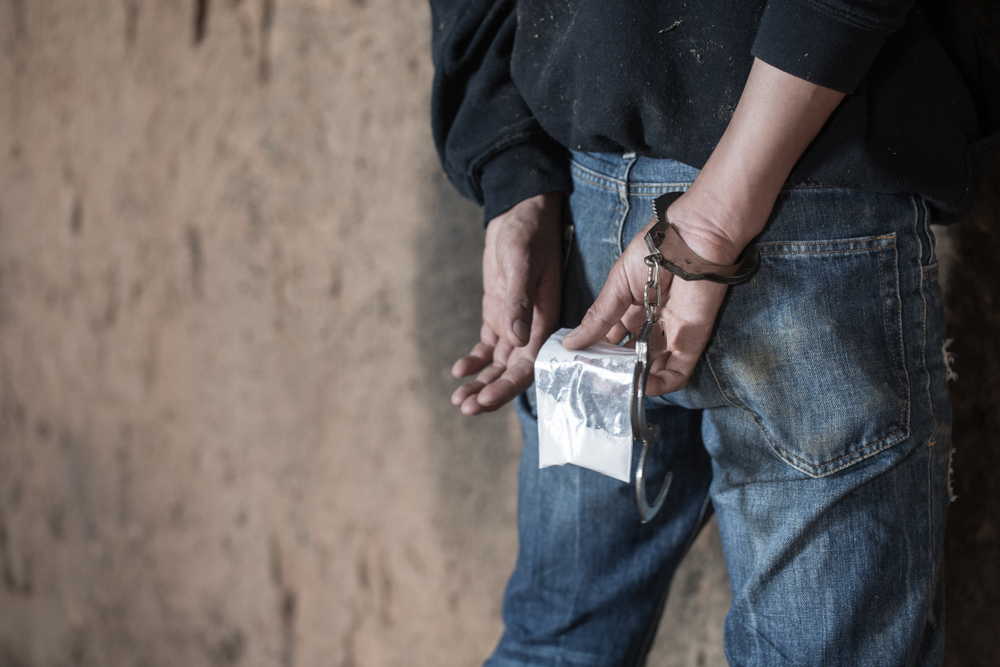While Brazil’s streets were taken by nationwide protests against budget cuts in education and the government engaged in a full-scale battle against lawmakers in the House of Representatives, Brazil’s senators approved a new National Drug Policy that, in practice, adopts a punitive approach against drug users—which will potentially have severe impacts on the country’s healthcare and security systems.
Despite spending almost six years debating the matter with experts in special committees, senators decided to scrap every amendment proposed and approve the bill as it was passed by the House of Representatives, before all the debates took place. Their argument was that reverting to the original bill would avoid further delays to the proposal’s approval. The decision comes just weeks before the Supreme Court is set to rule on whether to decriminalize personal drug consumption (even if the drugs themselves remain illegal).
As recalled by the BBC, the bill won’t make upcoming trials obsolete before they even happen—as Justices are basing themselves on a constitutional principle that you can only arrest someone if their behavior harms a third person. However, the Senate’s move is a clear message to the Judiciary branch: justices should not interfere in lawmaking.
This newest chapter of Brazil’s ongoing institutional crisis is backed by the president’s office. The Citizenship Minister Osmar Terra—who actually proposed the bill when he served as a lawmaker, back in 2010— reportedly said President Jair Bolsonaro has committed himself to sanction the bill before the Supreme Court rules on the matter. Mr. Bolsonaro will, however, veto some articles—regarding mandatory minimum sentences in cases of multiple defendants accused of “criminal association for drug distribution,” and about creating quotas for companies to hire recovering drug addicts.
What does Brazil’s new Drug Policy say?
The bill alters the 2006 anti-drug act and, consequently, the National System of Public Policies towards drugs (Sisnad), which is responsible for coordinating preventive measures,...


 Search
Search






































